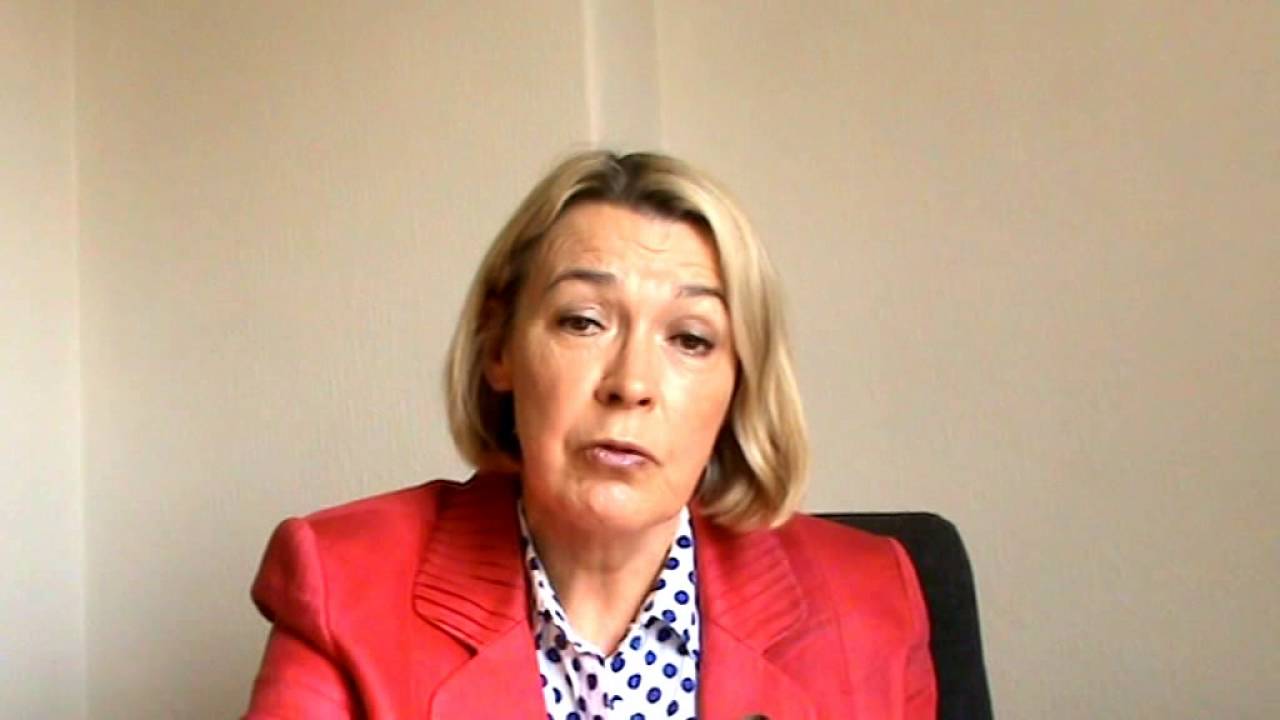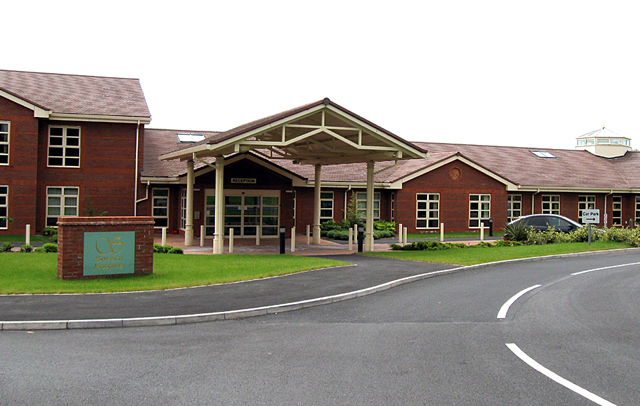From the ‘Sue Ryder’ charity & Civil Society News
Sue Ryder has called on the government to address the long-term funding challenge for hospices, warning that a financial crisis has left the sector “hanging by a thread”.
The charity, the country’s largest provider of end-of-life care, said that the number of people needing palliative support in hospices is set to rise by 50% by the end of the decade, at a cost of nearly £1bn a year.
It argued that the government would save over £150m annually by increasing funding to hospices to provide this care rather than relying on the NHS.

Rising hospice demand
Research commissioned by Sue Ryder shows that 245,000 people in the UK are expected to receive palliative care in 2021. That figure is forecast to be 379,000 by 2030.
Running costs to meet this demand will reach £947m a year, the charity said. Hospices currently get about a third of their funding from the government, and rely on fundraising for the rest.
Sue Ryder has asked the government to increase it contribution to 70% of the funding needed by hospices. According to the charity’s estimates, this will cost an additional £313m a year, compared with £484m if the responsibility fell to the NHS.
The charity said that, in addition to the financial saving, standards of care would be higher because “the NHS would not have the capacity to provide the same level of specialist holistic support that hospices offer”.

‘Papered over the cracks’
Heidi Travis, the chief executive of Sue Ryder, said: “Put plainly, in order to pay the salaries of our doctors and nurses who provide expert care, pain and symptom management to people at the end of their lives, we rely on people buying second-hand clothes from our charity shops or running a marathon and asking their friends and family for sponsorship.

Heidi Travis – Chief Executive of Sue Ryder
“It is unfathomable that such a critical part of our healthcare system is hanging by a thread.
“Whilst the government has provided some one-off funding in the past year to allow hospices to support our NHS during the pandemic, the hospice sector has papered over the cracks for as long as possible.
“The country’s hospices can no longer operate with ad-hoc financial ‘top-ups’ that do not fundamentally address the serious long-term funding crisis facing the hospice sector.”

Barbara Keeley – Labour MP
Barbara Keeley, a Labour MP who sits on parliament’s Health and Social Care Select Committee, said: “Failing to invest in our hospices now risks much-loved institutions closing their doors for good, leaving people without the access to high-quality end-of-life care which they deserve.”
Confusion over pandemic support
Sue Ryder estimates it is losing £1m each month due to the closure of its network of charity shops.
There was confusion last year after the Treasury appeared to promise hospices £200m each quarter to help them get through the coronavirus crisis, only to say later that this was a single, one-off grant.

https://www.sueryder.org/


